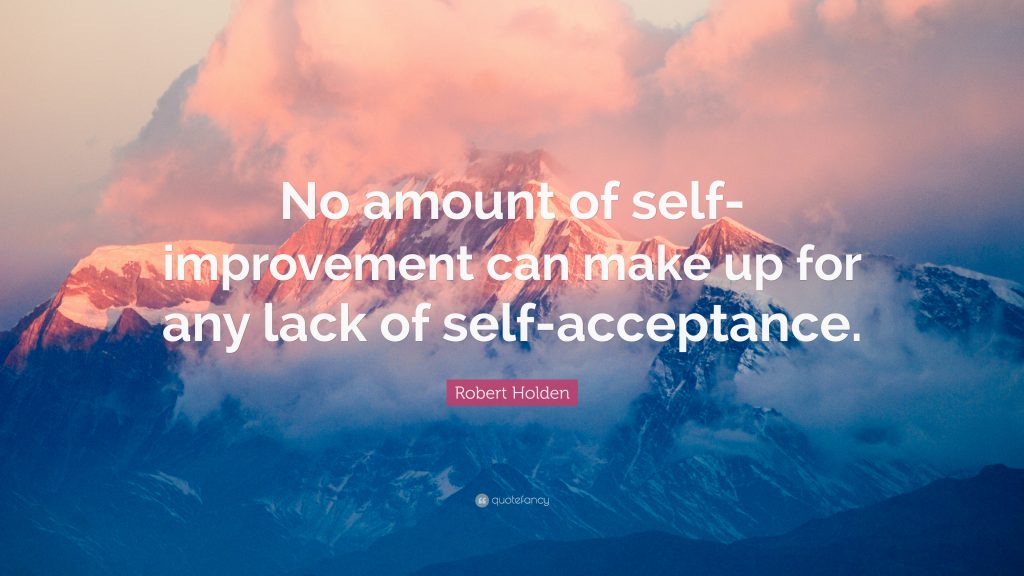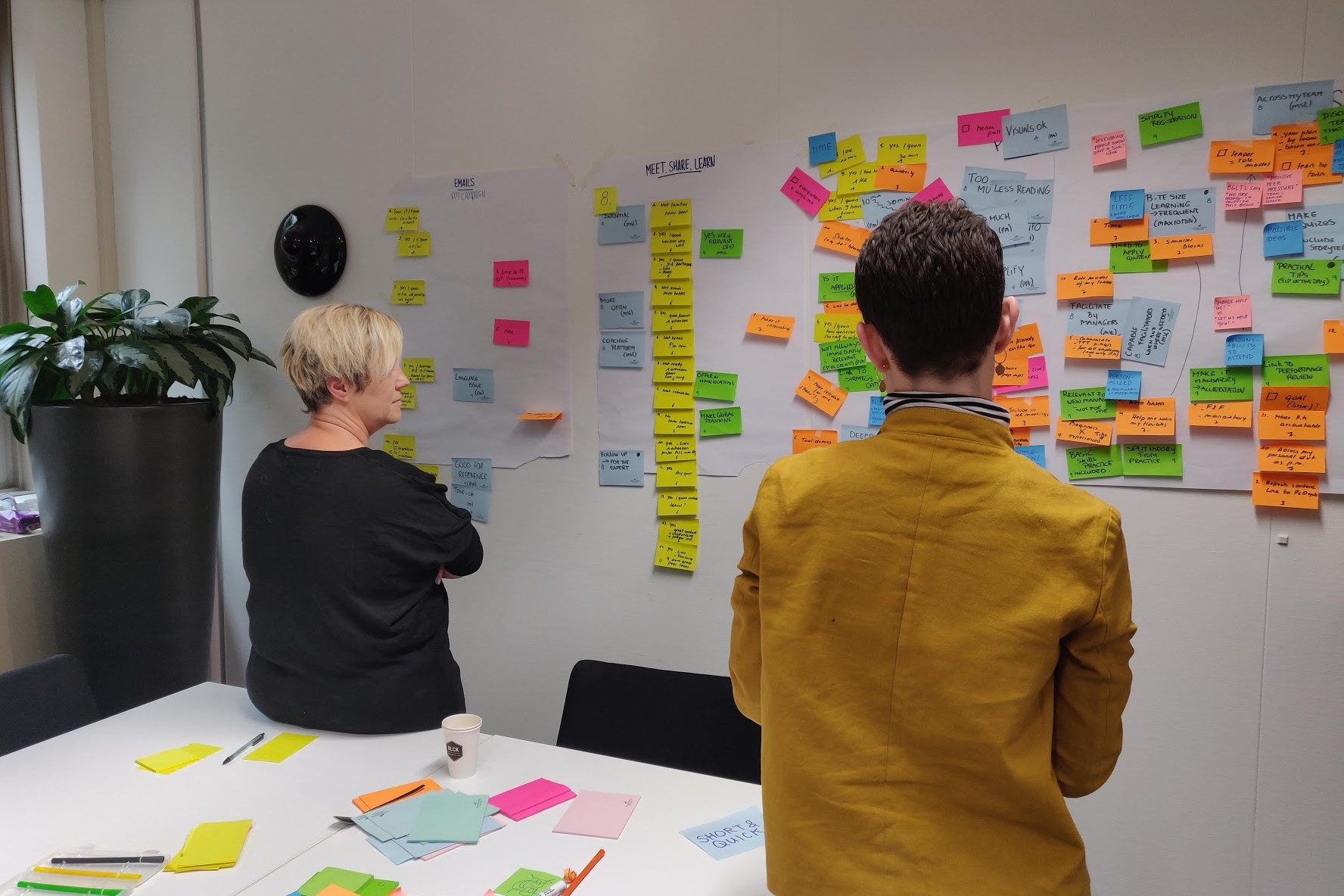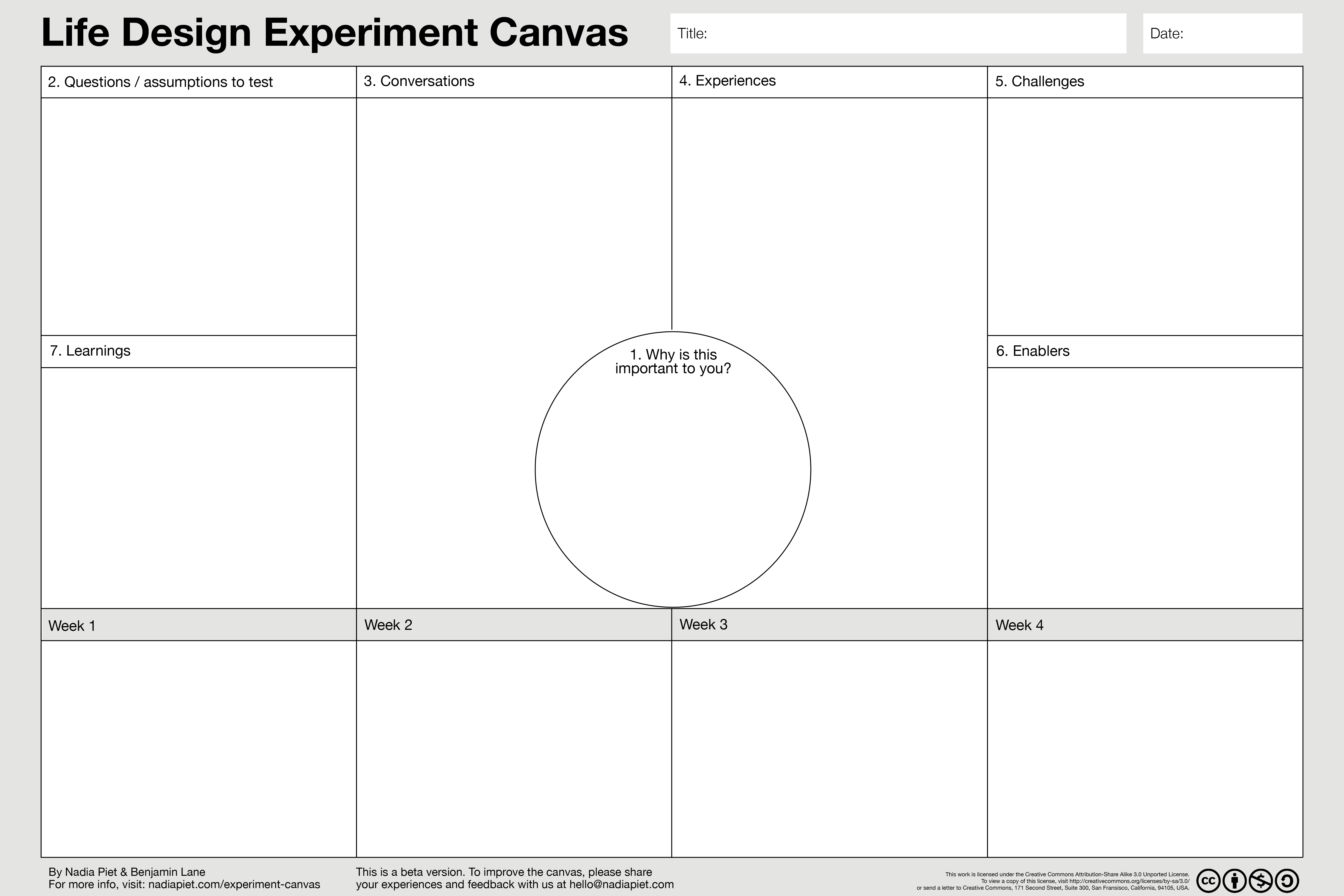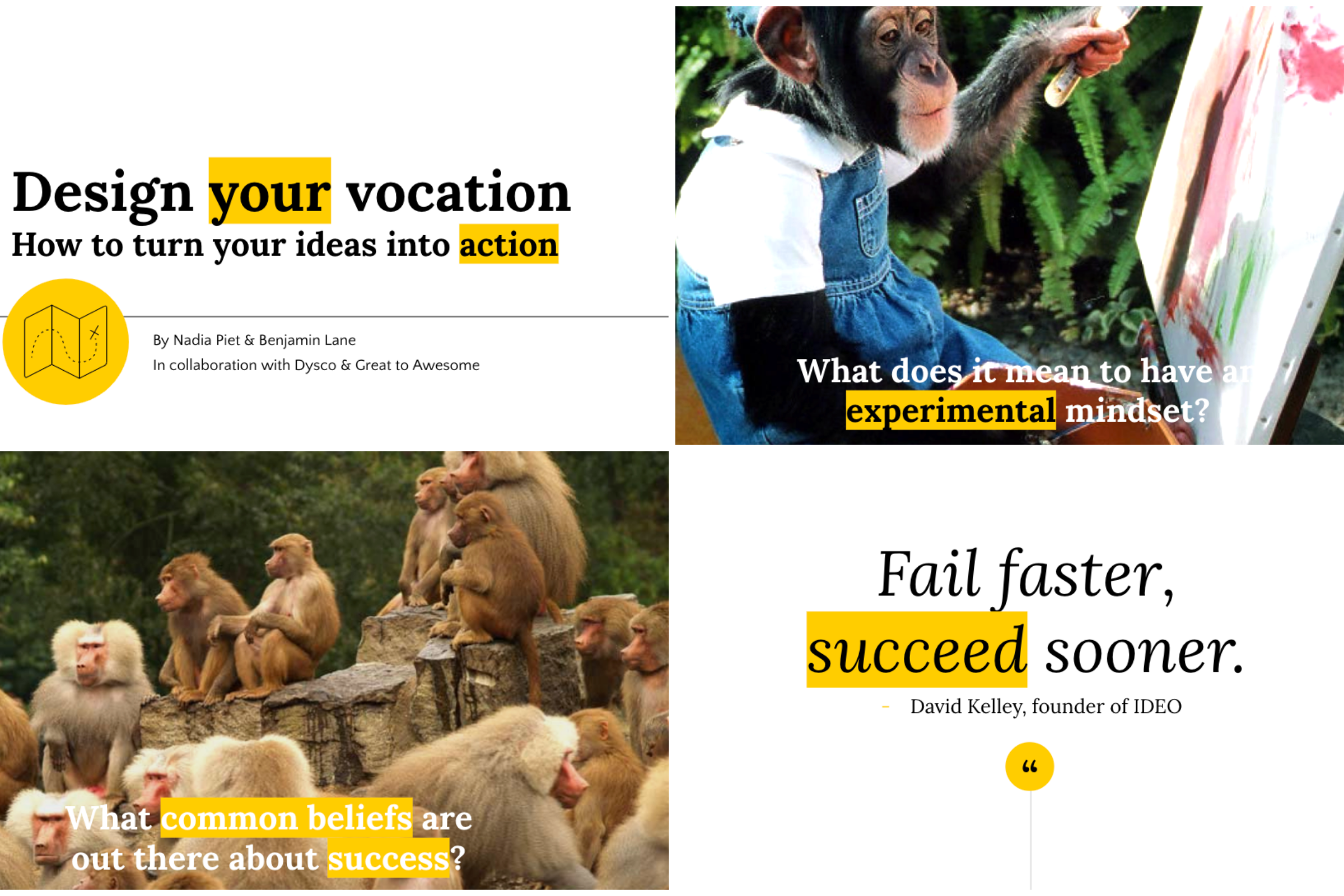Transitioning moments like New Years have always been a big thing for me. I reflect on the progress of the past year and set intentions for the one to come. The self-improvement junkie in me must run deep, because I can remember doing this since I was like 7. For most of my life, I thought self-improvement was the answer to everything. People used to pride me with my unwavering commitment to self-improvement, as did I. But as I become more aware of its repercussions, my stance on it is shifting.
I had to learn the hard way (and let’s be real, still am) that:
“no amount of self-improvement will ever make up for a lack of self-love”.

This Robert Holden quote got me going about the paradoxical relation of self-improvement and self-love.
Undertaken from the motive of wanting to grow, learn, and blossom to one’s full potential, the pursuit of self-improvement is a rewarding and constructive one. Self-improvement helps give meaning to our daily lives, boost confidence, develop discipline, expand opportunities, and generally speaking, makes us more enjoyable people to be around.
When self-improvement is used as a response mechanism to self-loathing, the opposite effect can be expected. In that case we would be better off working on the relationship with ourselves rather than our goals. To try and accept, rather than improve, what is.
As much as self-improvement has propelled me forward in many areas, it was counterproductive to the relationship with myself. This is why we must question our motives. Why do we need to get better? Are we not good enough as is?
Mark Manson questions in his hyped The Subtle Art of Not Giving a Fuck:
“isn’t the aim of self-improvement to get to a point where you no longer feel the need to improve?”.
Ouch. I admit, when I read that line, it hurt.
But in that one line, he points out the paradox of self-improvement. We try to be better so we can love ourselves, but more often than not end up hating ourselves for all the potential we’ve failed to fulfill. The more we think about what’s missing, the greater our deficiencies seem to grow. The more we focus on what’s wrong with us, the less we notice everything we’re doing right. Oh the irony.
We embark with the best intentions, but self-improvement can be a slippery slope. Always pursuing betterment, we can spend life replacing the race for achievement with a desire for the next. All the while believing we’re never quite good enough and none of it ever making us any happier.
Without acceptance at its foundation, the feats of self-improvements are but a high to fill the void of (self-)validation.
Maybe you recognize this mechanism. It seems a common response to the overdose of self-help advice, motivational quotes, success stories, and ads — designed for the sole purpose of making us conscious of our shortcomings— we’re flooded by on mass and social media.
This doesn’t mean that self-improvement is futile, and we should resort to sitting on our asses and being perfectly contented with ourselves and our shitty habits.
It just means that as young, ambitious souls, reaching for our potential, we should be cautious in keeping a healthy dynamic between the two, knowing that one will never solve or substitute the other.
We must seek out and protect our balance between the pursuit of self-improvement and the practice of self-love.
If you have an appetite to become more of what you are, go for it. Set goals. Try new things. Work hard. Push yourself. Glow up.
Alongside working on your goals, invest in accepting who you are here and now, with all your flaws, shortcomings, sensitivities and fallbacks (because they’ll always be there). Develop a kind of self-love that is unconditional of your achievements and pursuits.
On your quest for betterment, remind yourself that you are good enough.
Because our brains are always on energy saving mode and will focus most of their energy on our pursuits, it’s easy to forget what we’re doing right. That’s why we need to make a conscious and continuous effort to remind ourselves of it.
Next time you’re thinking of all the things you want to become, I invite you to take note of all the things you already are. To ponder on all the things you are doing well and wonderfully. To marvel at the things you are blessed with, things you have achieved, barriers you have overcome, struggles you have endured. To realize how much you have to be proud of, and grateful for. All this is yours.
A simple but effective way of doing this is a pride journal. It’s a variation on the gratitude journal. Instead of writing 3 things you’re grateful for, write 3 things you’re proud of today. Things you’ve done well. It can be anything from I didn’t start an argument when I got upset, to I delivered an awesome piece of work, to getting a compliment from someone else, to getting up and having a shower (some days, even that’s a challenge). Integrating this habit will help shift your thoughts.
Challenging as it can be, I believe keeping our balance between the pursuit of self-improvement and practice of self-love is what will lead us to sustainable growth. To enable a blossoming that is fueled by acceptance, rather than by disapproval, of oneself.
To power a lifelong quest of personal growth in which we not only rejoice in reaching the destination but in traveling the journey itself.
With love,




